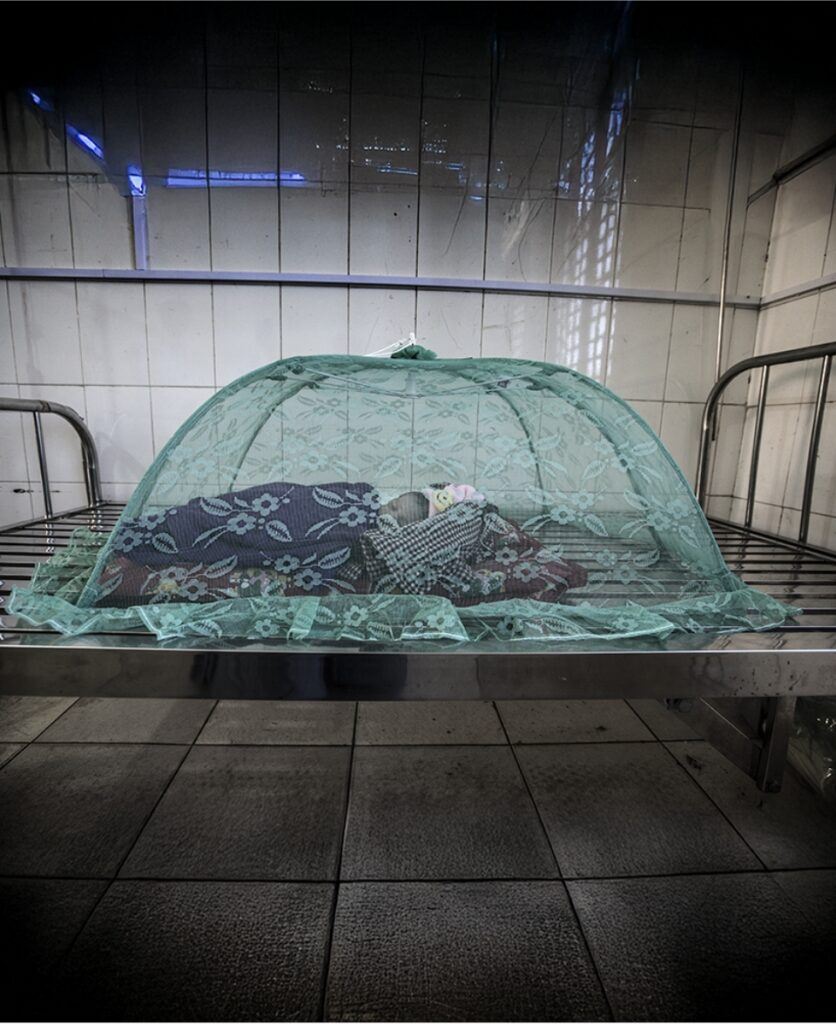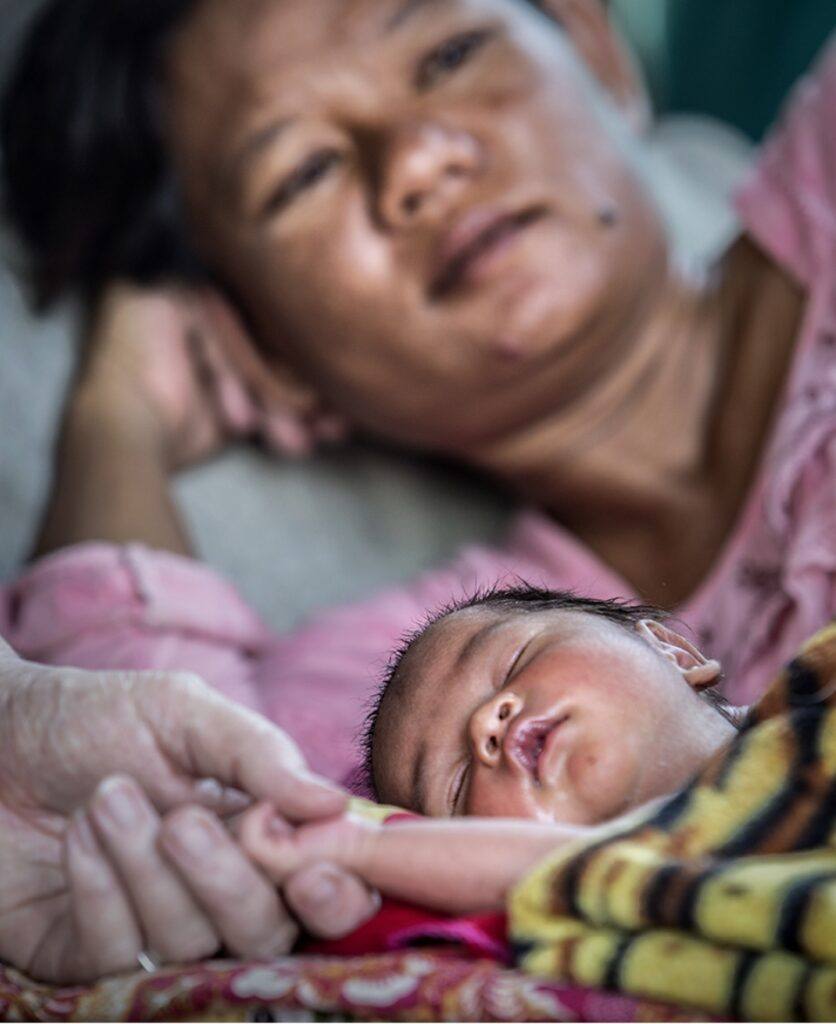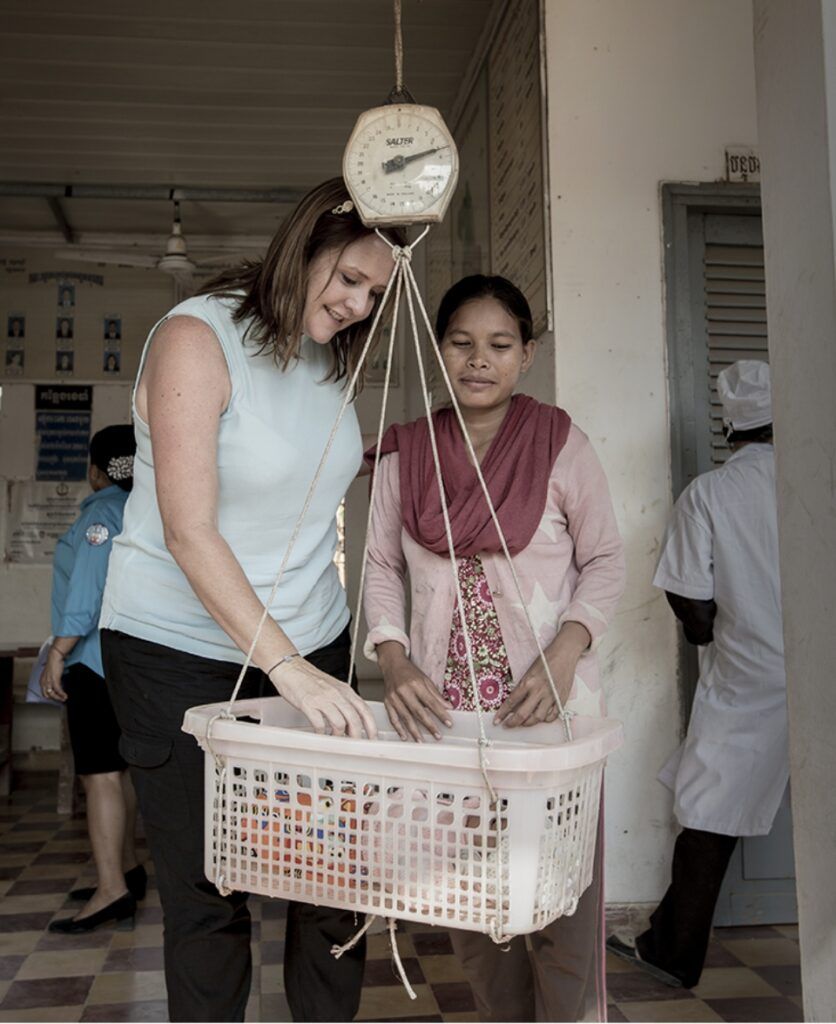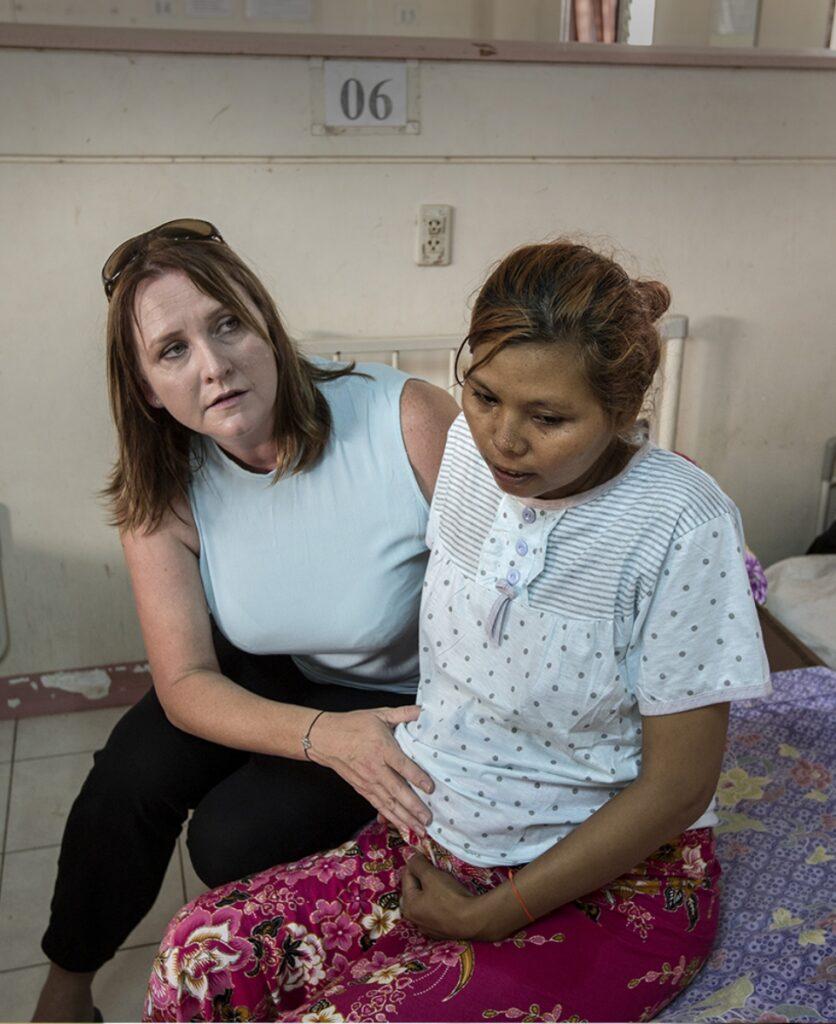The preventable issue
A safe arrival - what every mother hopes for
The solutions to preventable maternal deaths exist. And together we can close the gap and save countless mothers and babies.
Preventing the preventable
Every day , mothers & babies are dying from totally preventable causes
295,000 preventable deaths every year
Every year, over a quarter of a million mothers and babies lose their lives needlessly. We can change this reality with more training, better resourcing, education and skilled support.
Together we can save lives by:
- Empowering communities through delivering skilled care and maternal healthcare training
- Building partnerships with local governments
- Supporting innovations in healthcare strategies that close the gap
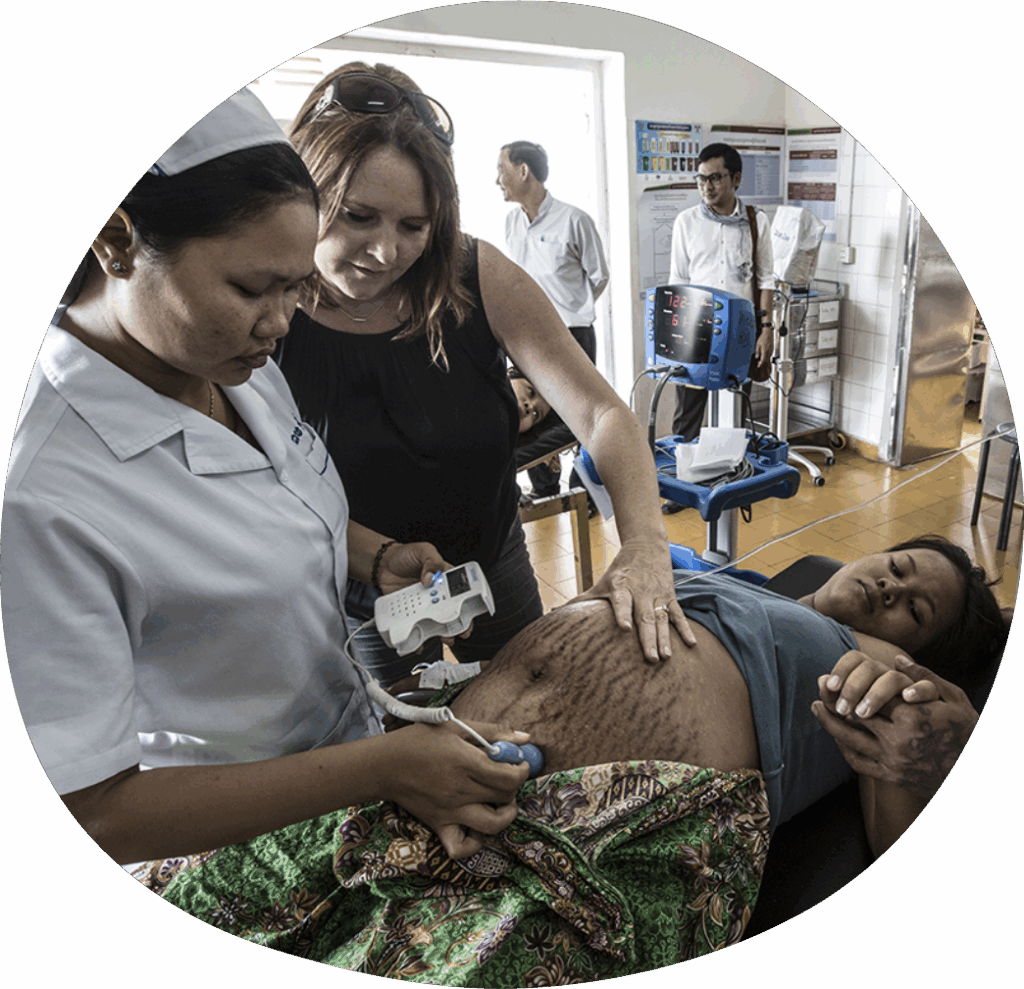
Huge lack of healthcare professionals & equipment
The world over there are huge gaps between mothers that can access and afford healthcare… and those that can’t. Together we’re bridging those gaps.
Together we can save lives by:
- Providing tools and equipment to improve survival rates
- Investing in solutions that work in a wide variety of communities
- Delivering life-saving care in communities where it’s needed the most
Limited understanding about a worldwide issue
Together we can save lives by:
- Advocating for maternal healthcare as a universal right
- Building communities – online and in person – to create awareness and solutions
- Creating partnerships with local governments
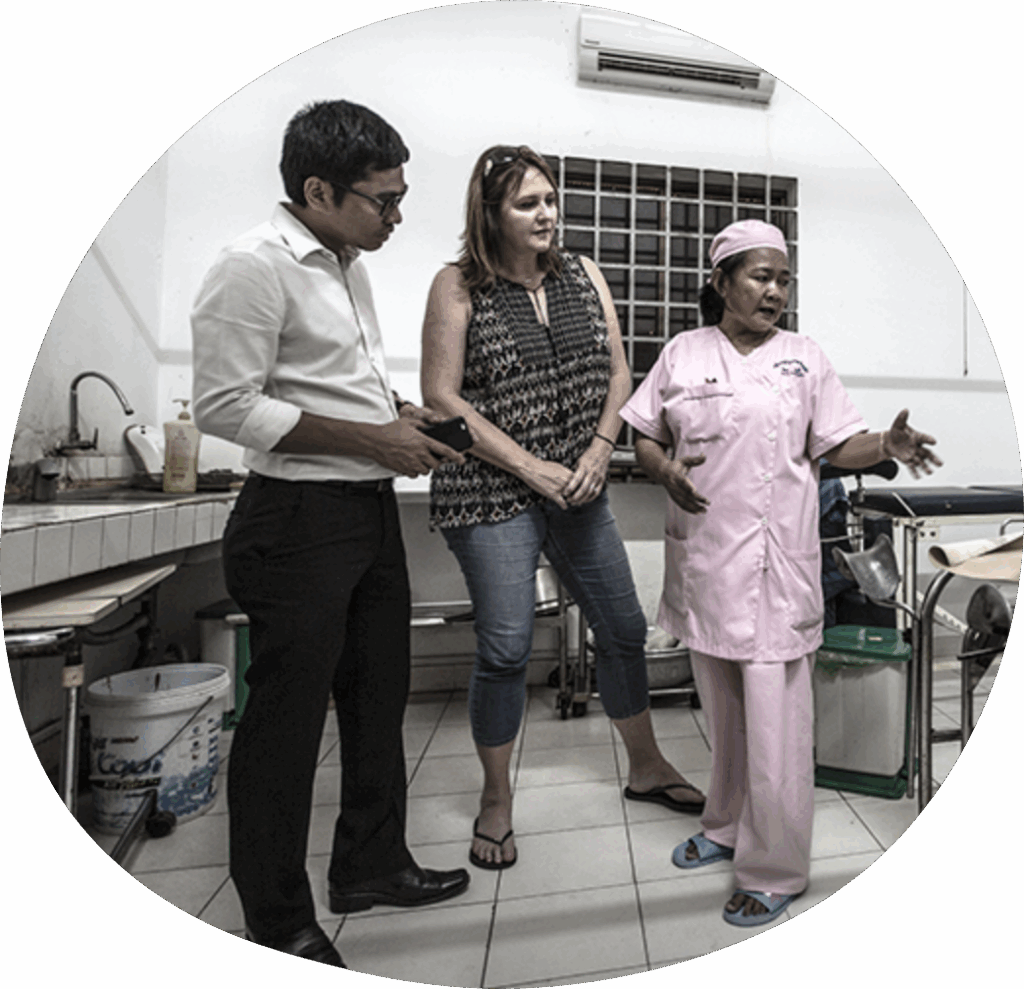
EveryMum… the start of something great.
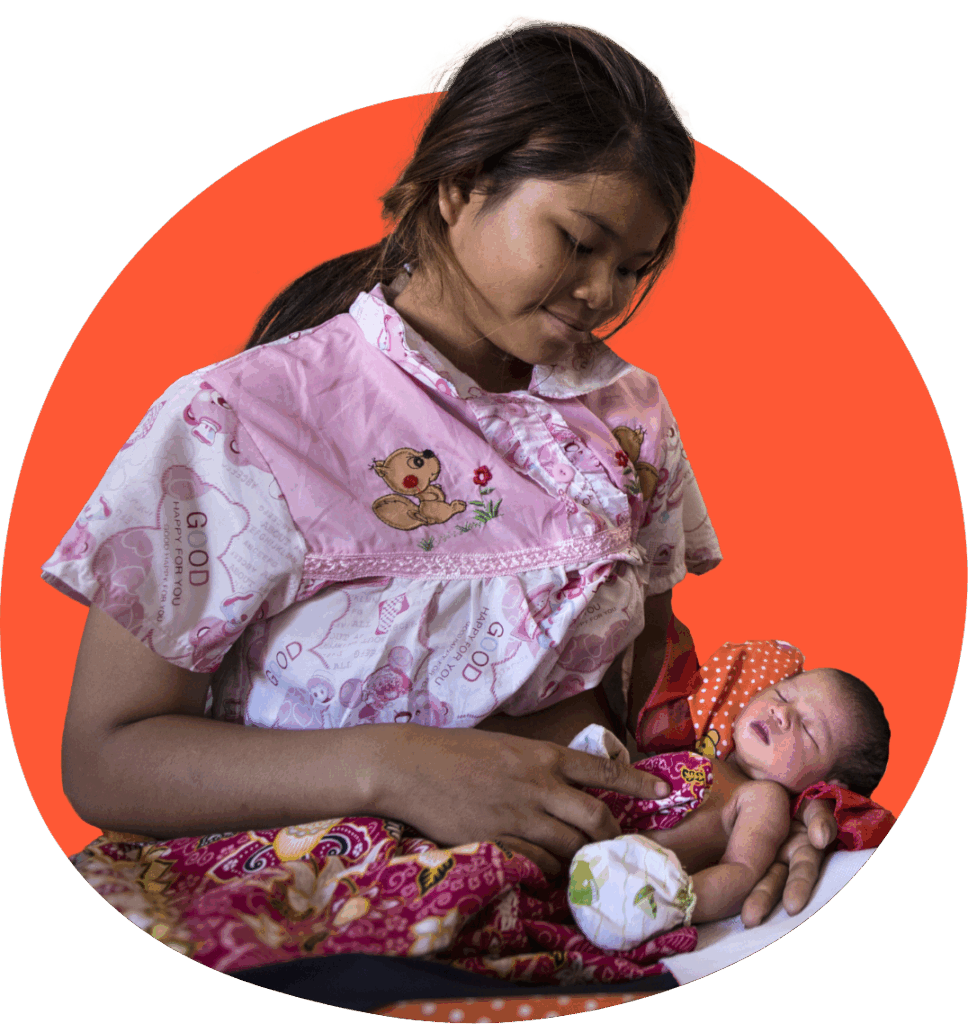
The big Question
Why are mothers & babies dying?
Women die or are injured as a result of complications during and following pregnancy and childbirth. Most of these complications develop during pregnancy and most are preventable or treatable.
The major complications that account for nearly 75% of all maternal deaths are:

Severe bleeding
Postpartum haemorrhage can be life threatening if not treated promptly.
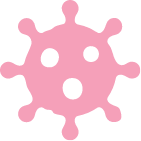
Infections
Untreated infections during and after childbirth can quickly become fatal.

High blood pressure
Hypertensive disorders – like preeclampsia – can cause seizures or strokes and threaten the health of the mother and baby.

Complications from delivery
A lack of skilled care increases the risk of childbirth-related injuries and death.

Unsafe abortion
Unsafe procedures lead to severe complications, including infection and even death.
The challenges
Why don’t mothers receive the right care ?
The main factors that prevent women from receiving or seeking care during pregnancy and childbirth are:

Poverty
Affordable healthcare can make maternal healthcare accessible.

Distance to facilities
Local clinics and trained midwives can save lives in remote communities.

Lack of (or wrong) information
Education and awareness can help mothers to reach out for care earlier.

Poor quality services
Education, training and resourcing creates consistent, skilled care.

Cultural beliefs & practices
Community outreach can change understanding and harmful practices.

Disconnected care pathways
Building relationships with health centres and midwives to deliver high quality maternal care.
EveryMum pilot program
Mentoring & training project, Cambodia 2022
SUSTAINABLE DEVELOPMENT GOAL 3
By 2030, reduce the global maternal mortality ratio to less than 70 per 100,000 live births (SDG3)
Incorporating theoretical and practical components EveryMum places Australian midwives, doctors, anaesthetists, sonographers and theatre nurses alongside health centre and hospital staff in their usual working environment. Responding to the ‘everyday’ clinical presentations with a coaching emphasis provides the opportunity to improve the skills, practice and knowledge of local health workers in preparation for tackling the most serious life-threatening conditions (e.g. postpartum haemorrhage – 27% of all global maternal deaths) and the treatment of women suffering from long-standing debilitating morbidities.
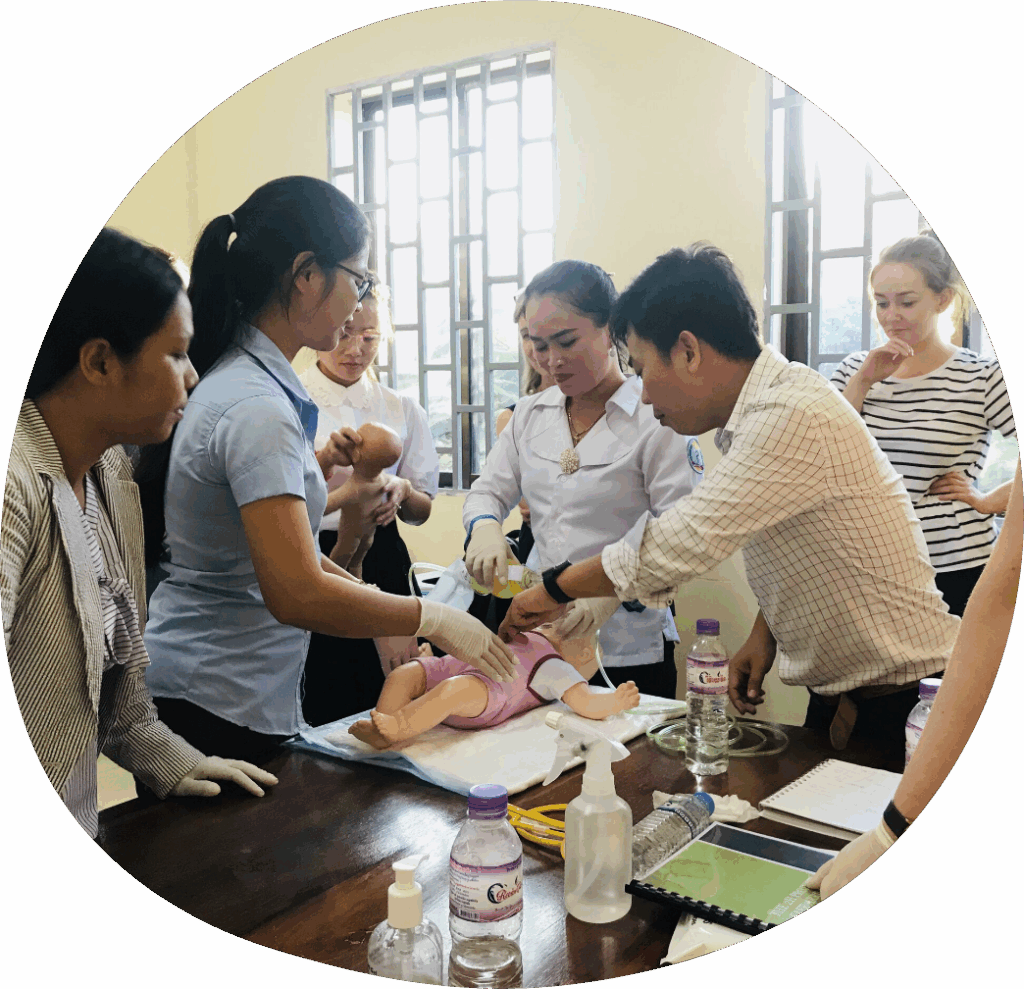
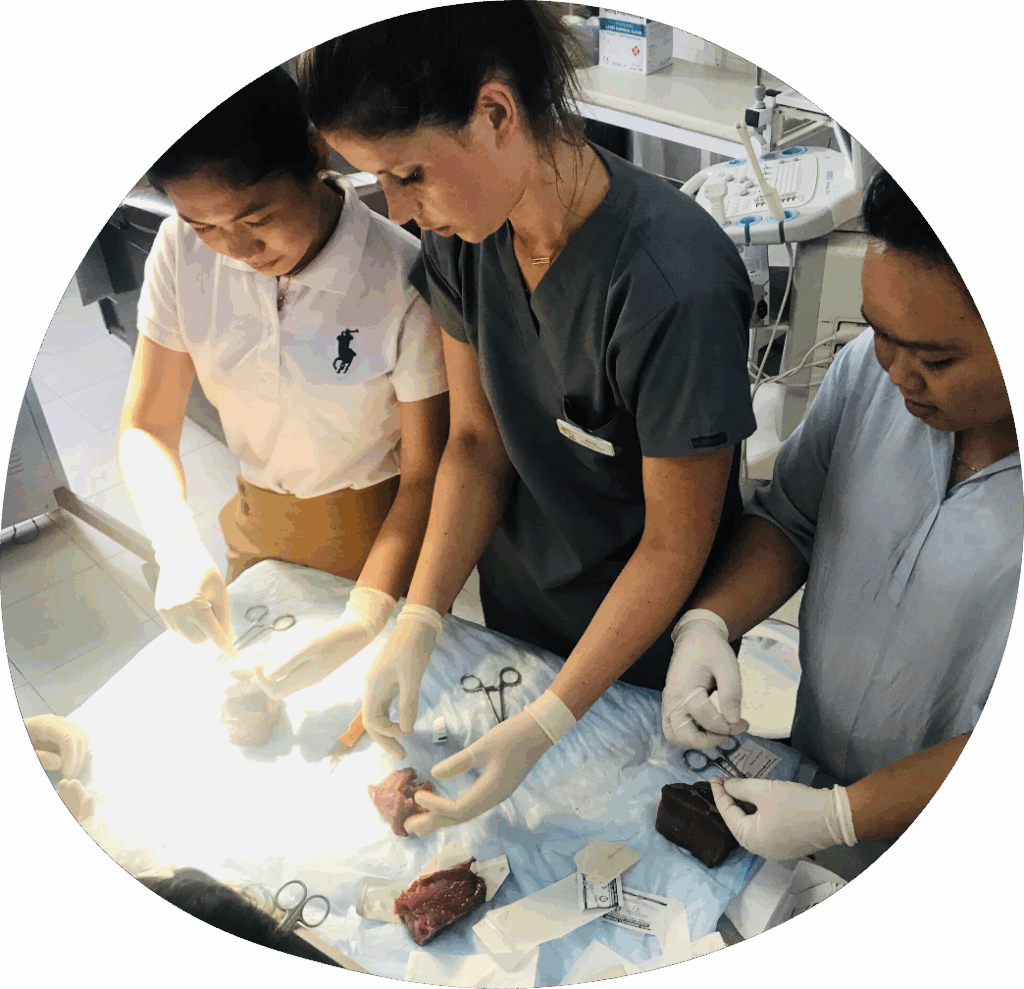
Our experience has taught us that the greatest learning takes place where there is meaningful interaction around the issues and challenges that the learner is already experiencing. We are mindful not to introduce ideas and procedures that are irrelevant or inconsistent with government or international guidelines.
“Investing in health systems – especially in training midwives and in making emergency obstetric care available round-the-clock – is key to reducing maternal mortality”
WHO

With your help, we can make this vision a reality.
We believe
Motherhood unites us all
EveryMum (formerly known as The 2h Project) exists to ensure that every mum, everywhere, receives the care they need during pregnancy and childbirth, so together we can put an end to preventable maternal death and injury.
We believe that motherhood unites us all, transcending borders, cultures and economic conditions. We are committed to breaking down the barriers that divide us and revealing the shared experiences that connect us all. By educating and empowering everyday people, we aim to inspire a global community of advocates who understand that maternal care is a universal right. Our mission is to bridge the gap by raising awareness, fostering empathy and encouraging action, so that every mum, regardless of her circumstance, has the care and support she deserves.
We believe that keeping a mother safe and well throughout pregnancy and childbirth is the start of something great.
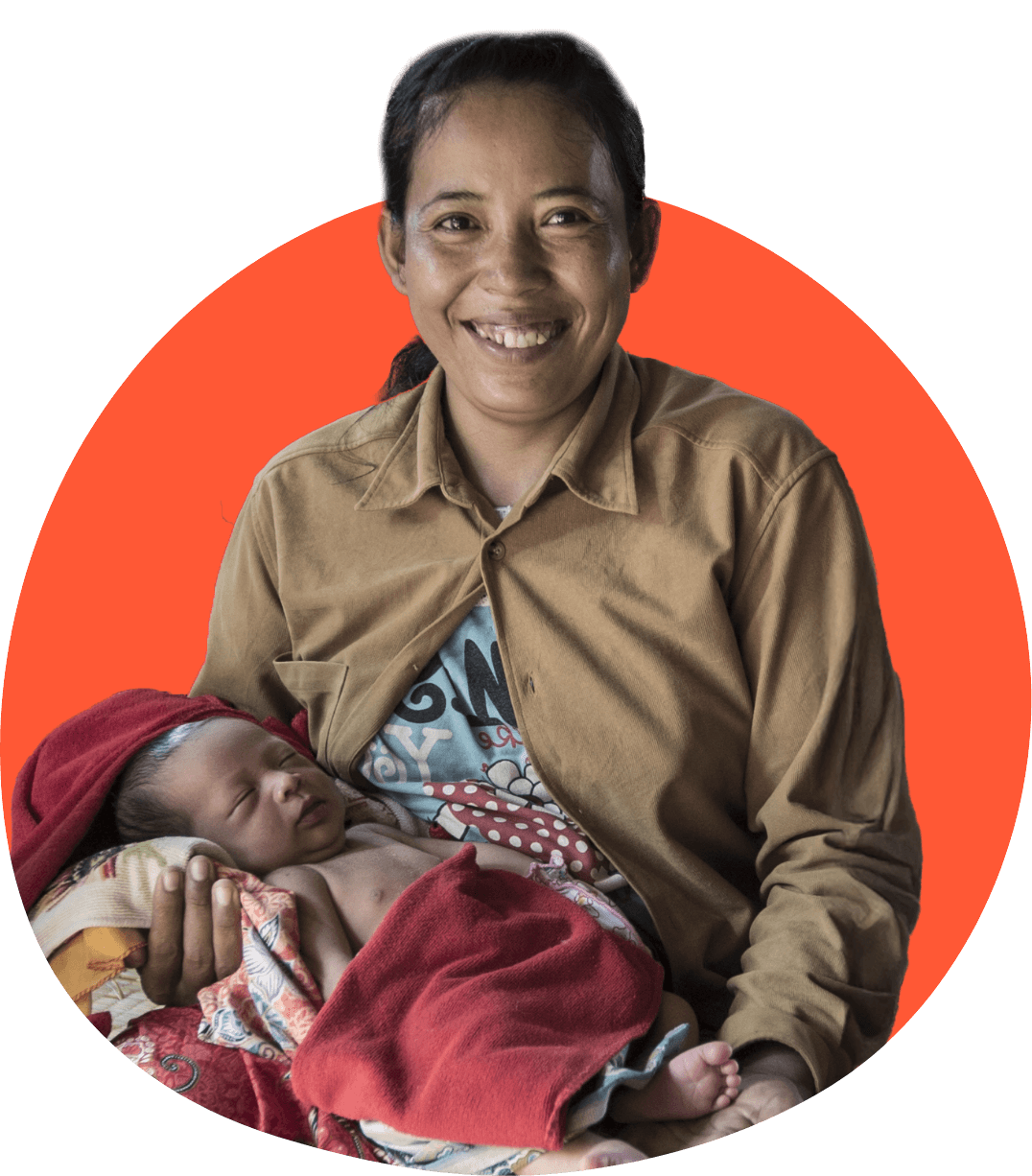
Need Answers?
Frequently asked questions
We love sharing information about maternal health and its solutions! If you have any questions, try starting here – or give our team a call!
People are often surprised that there are mothers who struggle to access high-quality maternal healthcare today. But unfortunately, it remains a problem across the world.
In every country, mothers face unequal access to skilled care, medical resources and education. And in underserved areas, poverty, distance and underfunded healthcare systems make the gaps even larger.
The result? Many mothers simply can’t access essential care during pregnancy and childbirth.
The main barriers include:
- A lack of skilled healthcare workers who can provide care during pregnancy and delivery.
- Limited access to life-saving medical equipment and tools.
- Poverty that prevents families from accessing care they simply can’t afford.
- Distance to healthcare facilities in remote or regional areas.
- Cultural beliefs or misinformation that can lead to problematic procedures or stop mothers from seeking help.
Just by being here, on our website, you’ve already made a difference. You can have an even greater impact by:
- Donating – 100% of our funds go directly to funding solutions to maternal health care challenges.
- Volunteering – By sharing your skills you’ll help develop and deliver life-saving solutions.
- Raising awareness – Join our community – the #MumMovement – and help raise awareness for others!
More questions? Get in touch.
